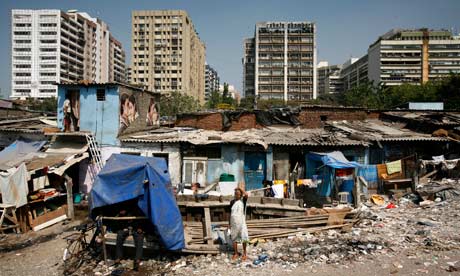Context:
Recently, a concerning report by Oxfam and Development Finance International (DFI) reveals that 90% of countries have regressed in their commitment to reducing inequality (CRI) index.
More on the News:
- In its fifth edition assessment, covering 164 nations, evaluated three performance indicators: Public Services Spending (like sdocial protection, education and healthcare), taxation, and labor rights and wages.
- India holds 129th rank in Public Services Spending, 16th in taxation, and 156th in labor rights and wages. with all three indicators, India’s CRI 2024 rank is 127th.
- India CRI 2024 ranks behind its South Asian neighbors in addressing inequality, ranking 127th in the index while Nepal and Sri Lanka perform better at 115th and 118th positions respectively.
- The current trajectory severely threatens the achievement of the UN’s Sustainable Development Goals 10 (SDGs-10) aims to reduce inequality by 2030, with universal health coverage stagnating at 65%.
Key Highlights of the report:

- Widespread Service Cuts: A staggering 84% of nations have reduced investments in critical social services, severely impacting education, healthcare, and social protection systems for vulnerable populations.
- Tax System Deterioration: The report highlights that 81% of countries have weakened their tax frameworks, diminishing their ability to address wealth disparities and fund essential public services.
- Labor Rights Decline: Nine out of ten countries show deteriorating labor conditions and minimum wage standards, leaving millions of workers vulnerable to exploitation and economic hardship.
- The gap between the Global South and the Global North has widened more quickly than it has since World War II.
Regional Top Performers and Struggling Nations:
Top performers: According to the Index, the top performers in this index are all high-income countries, led by Norway, Canada, Australia, Germany, and Finland,
- Key Driving factors: Strong social spending and comprehensive service coverage, which effectively address socio-economic disparities.
Worst performers: South Sudan, Nigeria, Vanuatu, etc.
- Key Driving Factor: Conflict, debt crisis, and climate shocks, are constraining spending in low- and lower-middle-income countries.
Key Recommendation:

- Develop clear national timebound plans to reduce inequality: Create clear and achievable National Inequality Reduction Plans (NIRPs) to lower inequality, and check progress regularly.
- Prioritize public spending on essential public services: All countries should allocate at least 15% of their budgets to health and 20% to education.
- Increase progressive taxation: Raise taxes on the richest 1% to make the system fairer.
- Develop gender-responsive policies to recognize, reduce, and redistribute unpaid care work.

